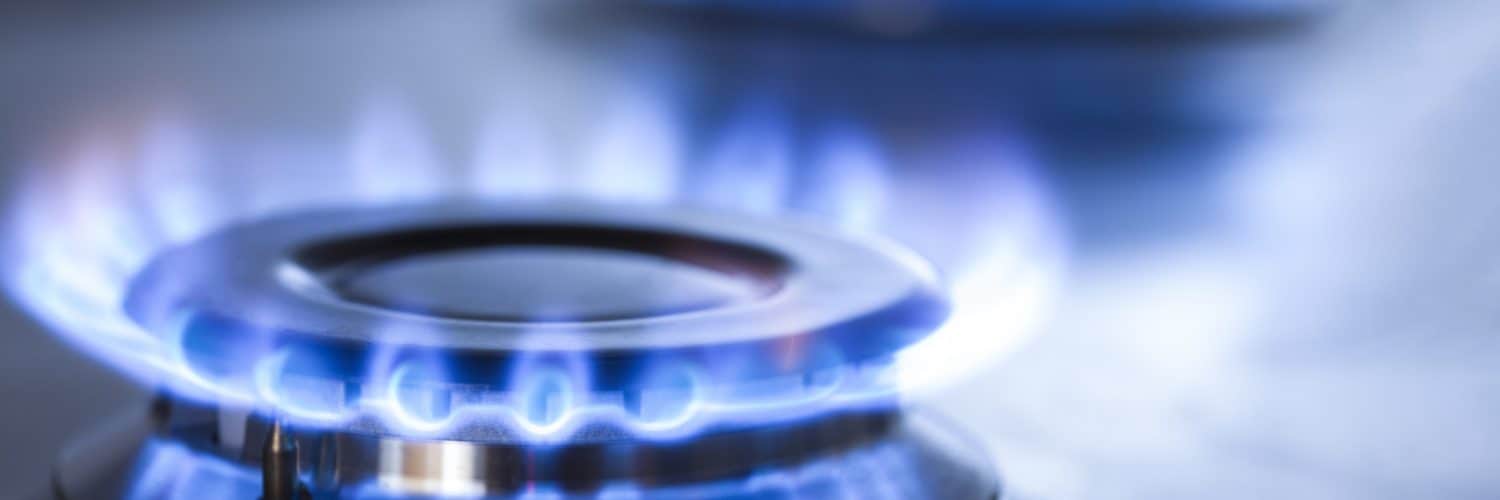Henry Hub natural gas futures continue to hold above US$9/MMBtu, trading at US$9.27/MMBtu as of 2:30pm EDT Thursday afternoon. Despite increasing US dry gas production levels in August, market analysts continue to monitor the energy crisis in Europe, assessing winter supply/demand risks. Increasing demand for US liquified natural gas (LNG) exports remain strong, amid the ongoing geopolitical tensions with Russia. Russian state-owned producer, Gazprom, has halted gas supplies to Europe on the Nord Stream 1 pipeline from August 31st to September 2nd as part of planned compressor station maintenance. Gazprom has stated the cutoff will be temporary, unless ‘malfunctions are identified’. Fears persist in the European Union that Russia will delay restarting beyond September 3rd, contributing to price volatility. Once restored, Russian flows will only be ~20% of the pipeline’s capacity.
The EIA estimated working gas storage was 2,640 Bcf for the week ending August 26th, following an overall injection of 61 Bcf. The build was in line with market expectations averaging 59 Bcf, and above the five-year average injection of 46 Bcf. Storage levels are now 7.9% below year-ago levels and, relative to the five-year average, 11.3% less. We are expecting an injection of 60 Bcf for the week ending tomorrow.
In Canada, the August AECO 5a spot rate settled at C$2.69/GJ, while the August Dawn Next Day weighted average index rate settled at C$10.18/GJ. Spot market prices at AECO fell in August, and continue to fluctuate daily, as record high Western Canada production and maintenance on Alberta’s NOVA Gas Transmission Ltd. (NGTL) pipeline system resulted in a shortage of takeaway capacity. AECO spot prices collapsed into the negatives twice in August, further suppressing prices. Prompt-month futures for AECO are trading at C$6.23/GJ, while Dawn is trading at C$10.33/GJ. Prices have fallen at Dawn, with a week-over-week decrease of $0.24/GJ, whereas prices increased by $0.48/GJ at AECO. Point Logic reports Canadian natural gas storage for the week ending August 26th was sitting at 540 Bcf, after an overall injection of 17 Bcf. Eastern Canadian storage had an injection of 11 Bcf, and Western Canadian storage had an injection of 7 Bcf. The storage deficit is narrowing, with storage inventories 10% below the 5-year average and 4% below storage levels last year at this time. Canadian storage is 62% full, with Eastern storage levels now at 79% of capacity and Western storage 55% full. An injection of 21 Bcf is expected for the week ending tomorrow.
– Karyn Morrison, Energy Advisor








Add comment